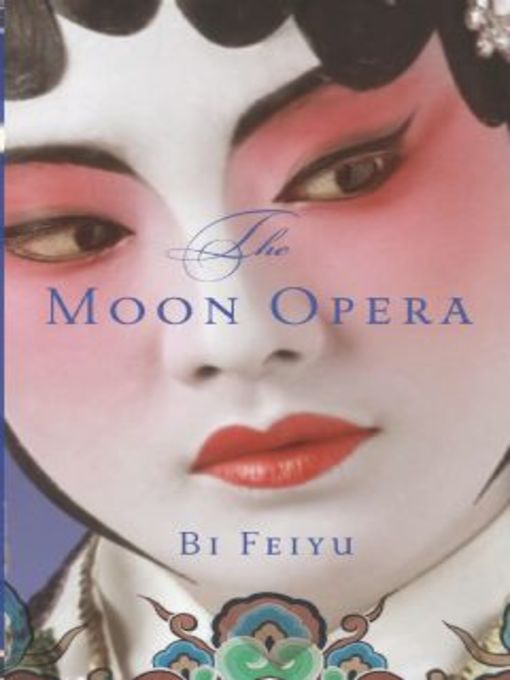
The Moon Opera
کتاب های مرتبط
- اطلاعات
- نقد و بررسی
- دیدگاه کاربران
نقد و بررسی

October 27, 2008
A peerless singer in the Peking Opera is ruined by her jealousy of her understudy in this vividly sketched tale of art and money by Chinese screenwriter (Shanghai Triad
) and novelist Feiyu. In 1979, 20 years before the novel takes place, the actress Xiao Yanqiu debuted brilliantly and memorably as the lead in The Moon Opera
, although she soon wrecked her career when she attacked her understudy’s teacher in a fit of rage at sharing the spotlight. Now 40, unhappily married and overweight, Xiao is offered the chance to reprise her role in a new production bankrolled by a factory owner and former fan. Xiao, who assumes the role to perfection, chooses as her understudy a gifted student, Chunlai, who postpones a TV career for the promise of the stage. The scene is set for a terrible showdown, naturally, complicated by the clash between art and money, as exemplified by the crass interests of the factory owner. The novel’s slimness, simple storytelling and overarching morality lend it a fable-like air, with Xiao filling the role of its tormented star.

March 2, 2009
Verdict: Egos collide in this exquisitely detailed portrait of the rivalries in the Peking opera world. Recommended for large public and academic libraries. Background: This slim novel by Chinese screenwriter Bi Feiyu (cowriter, Shanghai Triad) is a study of ambition, jealousy, and the intricacies of life on the Peking stage. Xiao Yanqui is renowned (and irreplaceable) in her role as Chang'e, heroine of the Moon Opera; no one has attempted the role since she threw boiling water on her first understudy 20 years ago. As the novel opens, Xiao Yanqui has been invited to become Chang'e again. This time, her understudy is her own student, the prodigiously talented Chunlai. Who will be understudy, and who will be the star?-Anne Garner, NYPL
Copyright 2009 Library Journal, LLC Used with permission.

Starred review from November 15, 2008
This slender novel on a rather narrow topic nevertheless resonates with aclear, crystalline bell tone. The Chinese author, in his first novel, brings his admirably, even stunningly, precise and effortlessly metaphoric style to bear (That slip of paper was a sigh from the wind) on one aspect of Chinese culture that has transcended the change in regimes over the centuries: the Peking opera.As we, in fascination, observe here, the Peking opera is a tightly ritualized, tradition-bound art form, and the more nuanced and subtle the performance, the more highly regarded the performer. The novels conceitis that awealthy factory owner is prepared to endow a new production of The Moon Opera, which has not been performed for two decades;however, the factory owners stipulation is that the production must star the lead female singer who performed it previously. She, though, has essentially retired from the stage andis now asinging teacher. The story, then, becomes the story of this prima donnas attempt to recapture the role and her former fame, and what she learns about her true legacyto the Peking opera. At once a sad and lovely story.(Reprinted with permission of Booklist, copyright 2008, American Library Association.)

























دیدگاه کاربران